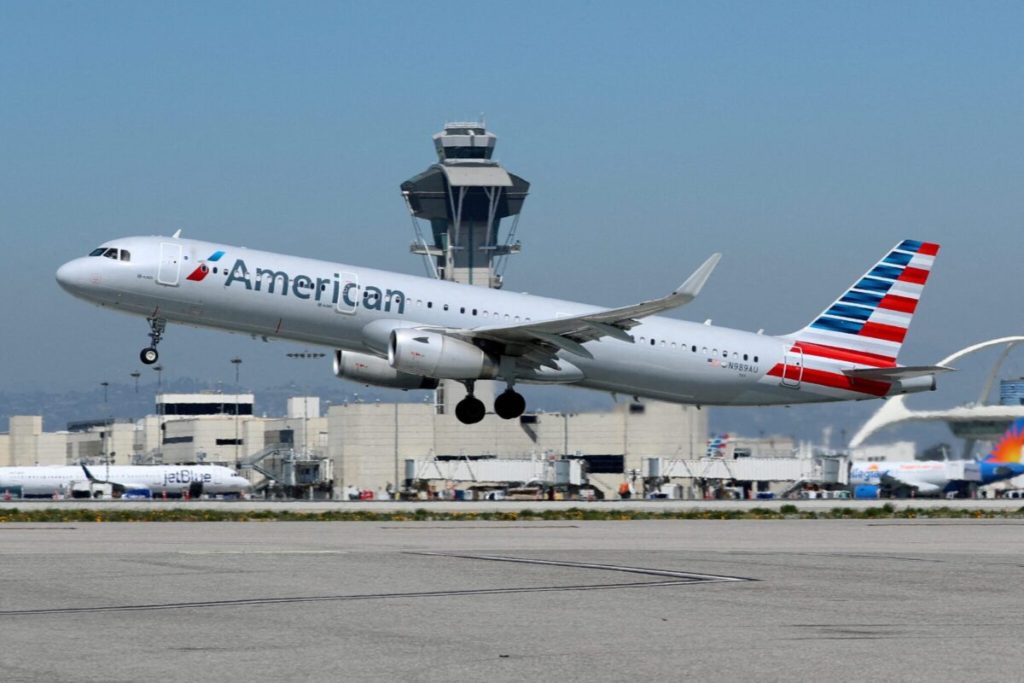American Airlines is the latest airline to announce schedule changes due to ongoing Boeing 787 Dreamliner delivery delays. The carrier will reduce some international routes starting in the second half of the year and into 2025. These changes are being made to accommodate affected customers by offering alternate travel arrangements. Some of the affected routes include JFK to Athens, Philadelphia to Venice, O’Hare to Paris, JFK to Barcelona, and Dallas-Fort Worth to Dublin and Rome. American will also reduce flights from Miami to Rio de Janeiro, JFK to Buenos Aires, and JFK to Rome. Despite these cuts, American plans to increase capacity on other routes, such as Philadelphia to Barcelona and Miami to Sao Paulo. Boeing cited a shortage of certain parts as the reason for the 787 production delay.
American Airlines is not the only carrier facing challenges due to the Boeing delivery delays. Southwest Airlines announced that it would exit from four airports and reduce its workforce by 2,000 employees by the end of 2024 to cut costs. Southwest’s move is a result of delays in Max 7 aircraft certification. United Airlines also took measures to address the situation by pausing pilot hiring and asking some pilots to take unpaid time off due to the expected delay in receiving their orders for 80 Max 10s this year. The entire aviation industry is being disrupted by the ongoing issues related to Boeing’s production delays.
These changes in operations by major U.S. airlines highlight the significant impact of Boeing delivery delays on the industry. American Airlines had to suspend multiple routes to Europe and reduce flights to other destinations to adjust to the ongoing challenges. Southwest Airlines and United Airlines also made strategic decisions to navigate through the disruptions caused by the delays in aircraft deliveries. The adjustments made by these airlines, such as reducing routes, cutting costs, and pausing hiring, demonstrate the need for flexibility and adaptation to deal with unforeseen circumstances in the aviation sector.
The Boeing 787 Dreamliner delivery delays are reportedly due to a shortage of certain parts, leading to a halt in production. As a result, airlines are facing operational challenges and have to make difficult decisions to cope with the situation. American Airlines’ decision to suspend certain routes and increase capacity on others reflects the airline’s efforts to manage the impact of the delays on its operations and customer service. With ongoing uncertainties in aircraft deliveries, airlines have to stay proactive and make necessary adjustments to ensure minimal disruptions for passengers and maintain operational efficiency.
The aviation industry’s response to Boeing delivery delays shows the interdependence between aircraft manufacturers and airlines. The delays in aircraft deliveries have ripple effects on various aspects of airline operations, requiring airlines to rethink their strategies and make significant changes to their schedules and workforce. By taking proactive measures to address the challenges posed by the delays, airlines like American, Southwest, and United are working to mitigate the impact on their operations and maintain their competitiveness in the market. The ongoing collaboration between aircraft manufacturers and airlines is crucial to addressing these issues and ensuring the continued smooth functioning of the industry.
In conclusion, the Boeing 787 Dreamliner delivery delays have prompted major U.S. airlines like American, Southwest, and United to make significant operational changes to navigate through the challenges. These airlines have had to adjust their schedules, routes, and workforce to manage the disruptions caused by delays in aircraft deliveries. The decisions made by these carriers reflect the resilience and adaptability required to deal with unforeseen circumstances in the aviation sector. By responding strategically to the Boeing delivery delays, airlines are working to minimize the impact on their operations and provide passengers with reliable and efficient service despite the challenges faced by the industry.


